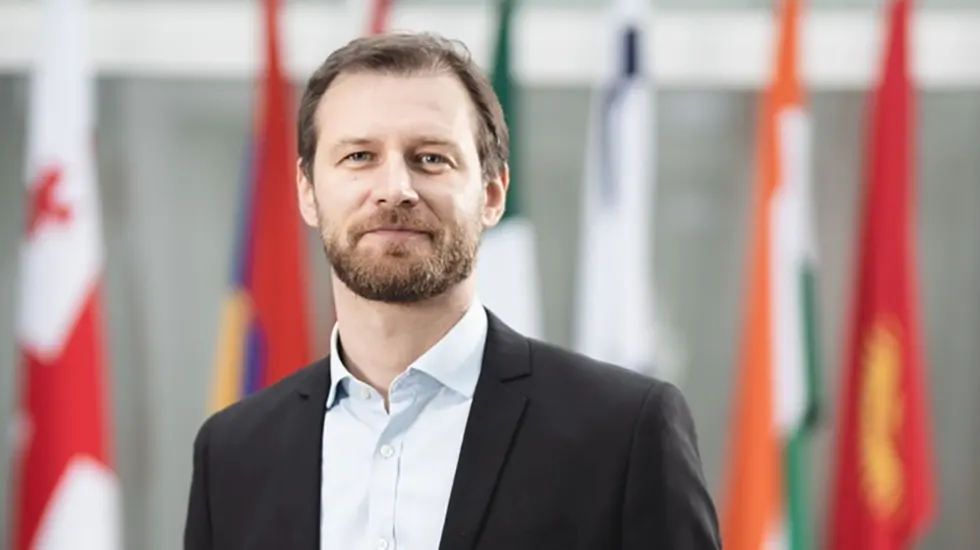By Jānis Volberts
Head of iDEAHUB.lv at TSI
Founder of HAVE A TREE
Here are two major practical insights for students, entrepreneurs, and facilitators operating in the innovation ecosystem based on my 15+ years of experience and observations in the EU, US, South-East Asia, and Africa. I find it necessary to say loud and clear my current thoughts as global and individual innovation efforts will have much higher impact and profits if we dare to pivot, experiment and sensibly employ our know-how to help interconnected communities and the planet. I urge you to rethink the race towards another slightly better microcredit fin-tech unicorn, rethink “higher value-added” product relativity, and race to do another incremental change in the world of the most developed countries. As a huge fan of Europe, I urge you to transform part of this energy and knowledge to create sustainable innovations and make them more accessible to millions of people in less developed areas, changing their daily patterns for their own convenience, for the environment and unevitably for profits of those who dare!
Innovation enablers perspective – motivated people and environment to unleash the potential. From my experience at the H. Humphrey fellowship program in Boston, MA, I recall a project conducted by MIT fellows when a diverse group of urban planners travelled to the slums of Buenos Aires to work and learn directly in this environment so that they can later help and employ their first-hand knowledge. I find it a truly amazing way to study local communities, engage with users, find new business opportunities and enter new markets. I believe for true innovation enablers question WHY? is a gamechanger! Doing the right things for the planet and people with a high impact will empower and boost new highly motivated people and partnerships, but they must feel that the work and results are real! Largely it is about trust-building creating an engaging environment where people are empowered and amazed by the trust given to them to learn by doing and having fun. To find the right and motivated people to do things differently we must create an environment where they can pursue their professional path with open hearts and find the right people for networking to boost cooperation. At the times of growing uncertainty but also rapid technological change, innovation centres, co-creation hubs and villages can be effective and flexible units and communities to address the challenges, testing and developing solutions for further scaling, be it climate-smart agriculture, payments for ecosystem services or any other green technology initiatives. Vertical hierarchy and bureaucracy here are completely unnecessary and in fact damaging elements to avoid. Early this year Stanford news published an article where Roberta Katz describes typical Gen Z as a self-driver who deeply cares about others, strives for a diverse community, is highly collaborative and social, values flexibility, relevance, authenticity and non-hierarchical leadership, and, while dismayed about inherited issues like climate change, has a pragmatic attitude about the work that must be done to address those issues[1]. Regardless of age, gender and race, motivated people are of great value for educational institutions, companies and communities in addressing today’s global but very practical challenges.
Market scaling perspective – focus where impact and multiplier effect is higher and needed the most. I think we are too focused on the overwhelmed places and markets, but innovation efforts are increasingly needed in other places, and these efforts and journeys there are going to be much more exciting and rewarding. An additional angle to the market size and potential is the different purchasing power of customers. If your product is not high-end or just you are competing in a highly concentrated market, probably you will find more new customers outside the EU. As an example, at the iDEAHUB one of the teams is developing a low-cost drone system managed by simple phones for multipurpose services integration, capable for example monitoring agricultural land or counting trees. Farmers and critical infrastructure providers in the EU already have multiple options to choose to introduce drones into their business operations. However, the low-cost system would be particularly interesting for other markets e.g., in Africa, where it is a better fit and the effect of this technology, circular economy and number of potential customers perspective would bring a much higher impact. I urge you to travel for learning, broaden your perspectives and sensitively explore new markets, cultures and local habits. This cultural exchange and adjustment in turn may be mutually beneficial and can generate new knowledge and innovations. The potential of African countries was particularly enlightening for me[2], but there is so much more! According to the UN statistics, the fastest population growth right now is happening in cities across Asia and Africa[3]. There is a huge demand for much deeper cross-sectoral partnerships and knowledge transfers among regions, leading to higher tolerance and effectiveness globally. The world is an integrated, living organism and should be treated as such. We must match business knowledge and innovations from developed economies with the needs of growing urban areas in substantially less developed countries, and I encourage idea brainstorming being present in these places.
Stay tuned and follow me if you want to take part in the business idea scouting adventure to Africa later this year!
[1] Stanford News https://news.stanford.edu/2022/01/03/know-gen-z/
[2] https://www.washingtonpost.com/world/interactive/2021/africa-cities/
[3] https://worldpopulationreview.com/world-city-rankings/fastest-growing-cities-in-the-world

